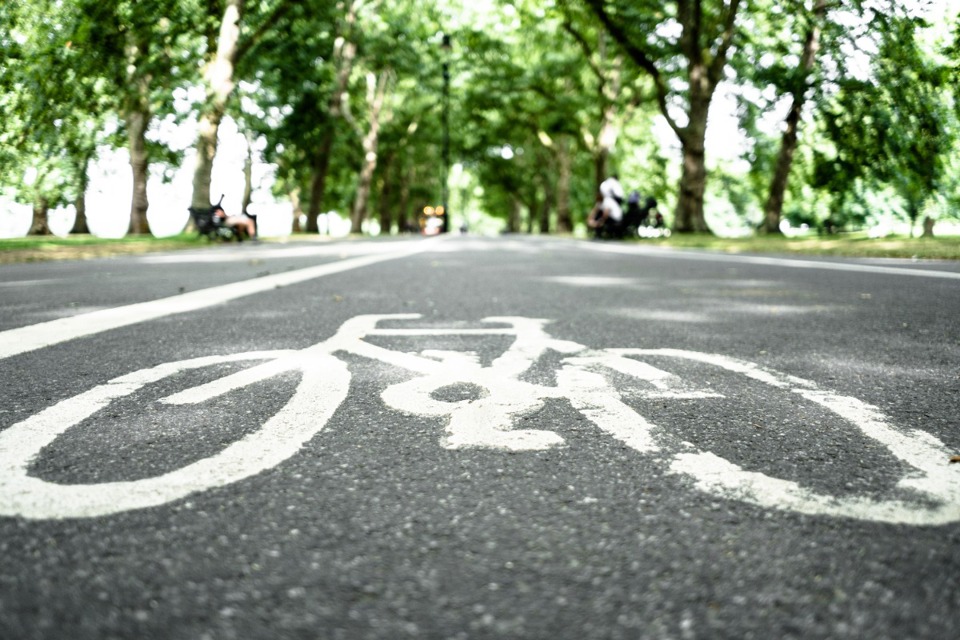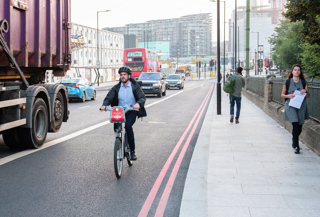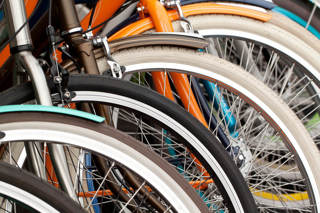The Government has allocated £32.9 million to help councils in England design active travel schemes that work for residents and consider the local road network.
These could include new school safety zones to encourage active travel, improved walking and cycling infrastructure on local high streets as well as new cycle and wheelchair paths.
The measures aim to get more people of all groups walking and cycling and help to address the barriers that exist.
Surveys show the number one issue putting women off cycling is how safe they feel on the roads with 79% of women supporting more protected cycle lanes being built, say ministers.
Safety will therefore be the major focus for the new designs and routes.
Active travel minister Jesse Norman said: “Leaving the car and walking and cycling instead is an easy way to get fit, save money and reduce your carbon footprint.
“Better designed schemes, which take into account the views of local people will help deliver improvements that have widespread local support.
“Skills training and local community engagement will help local authorities to make active travel an attractive choice for getting around.”
The funding will support local authorities to maximise active travel investment by enhancing their technical skills.
Activities being funded include network planning, public engagement exercises and bespoke training for councillors and staff.
Developing teams that lead active travel programmes will create more cost-effective and well-targeted projects, says the Department for Transport (DfT).
Local authorities will learn how to enhance their engagement with residents, businesses and other road users to ensure schemes are delivered with local support.
National active travel commissioner, Chris Boardman, said: “If we want to enable hundreds of thousands more people to walk, wheel and cycle for everyday trips then we need to deliver high-quality schemes that make it feel easy, fun and safe.
“Of course, ensuring the right technical skills are in place at a local level is vital but so is engagement.
“Survey after survey has shown strong community support for making space for active travel but it’s vital that people get strong input into helping to decide what is the right solution for their area.”





















Login to comment
Comments
No comments have been made yet.